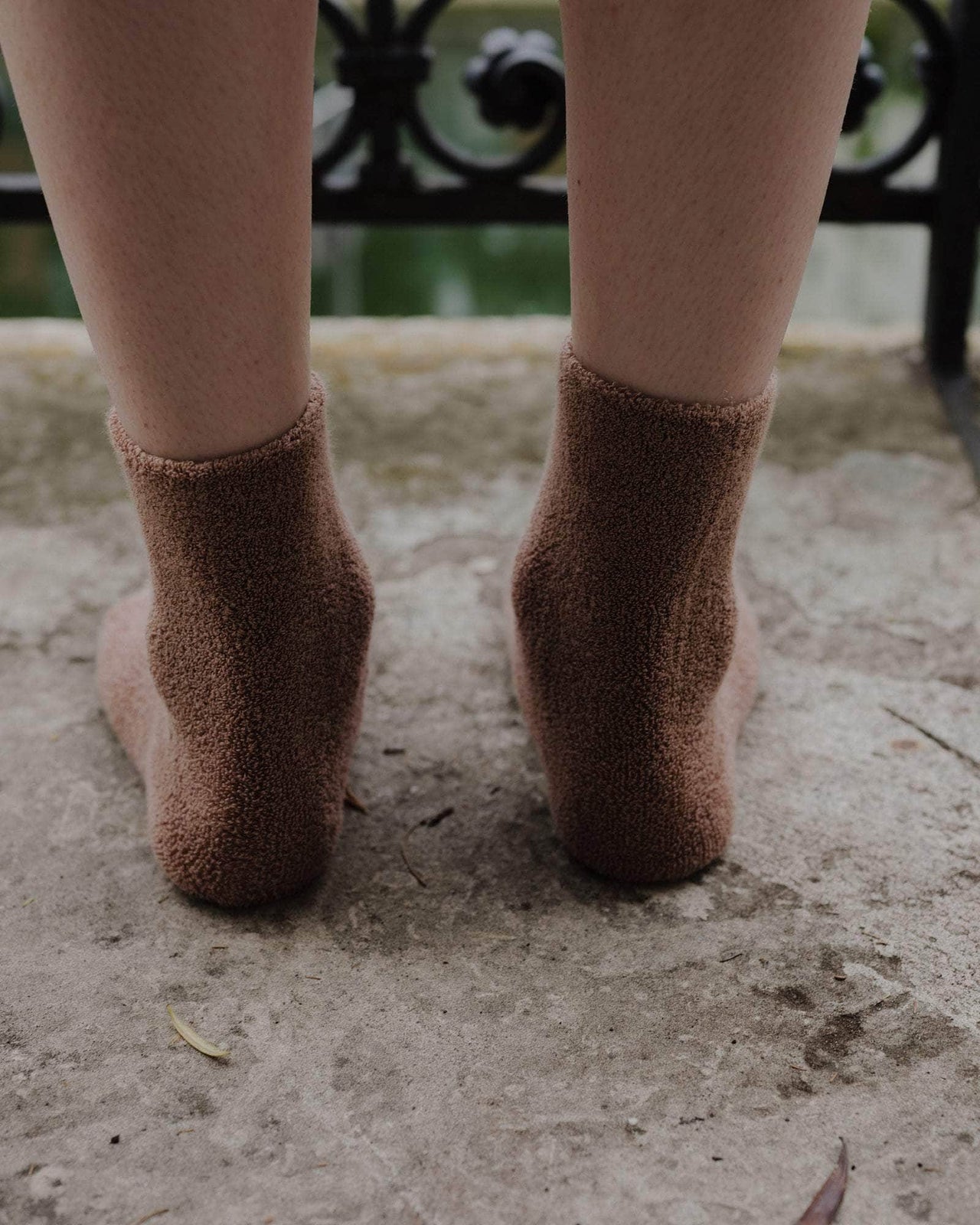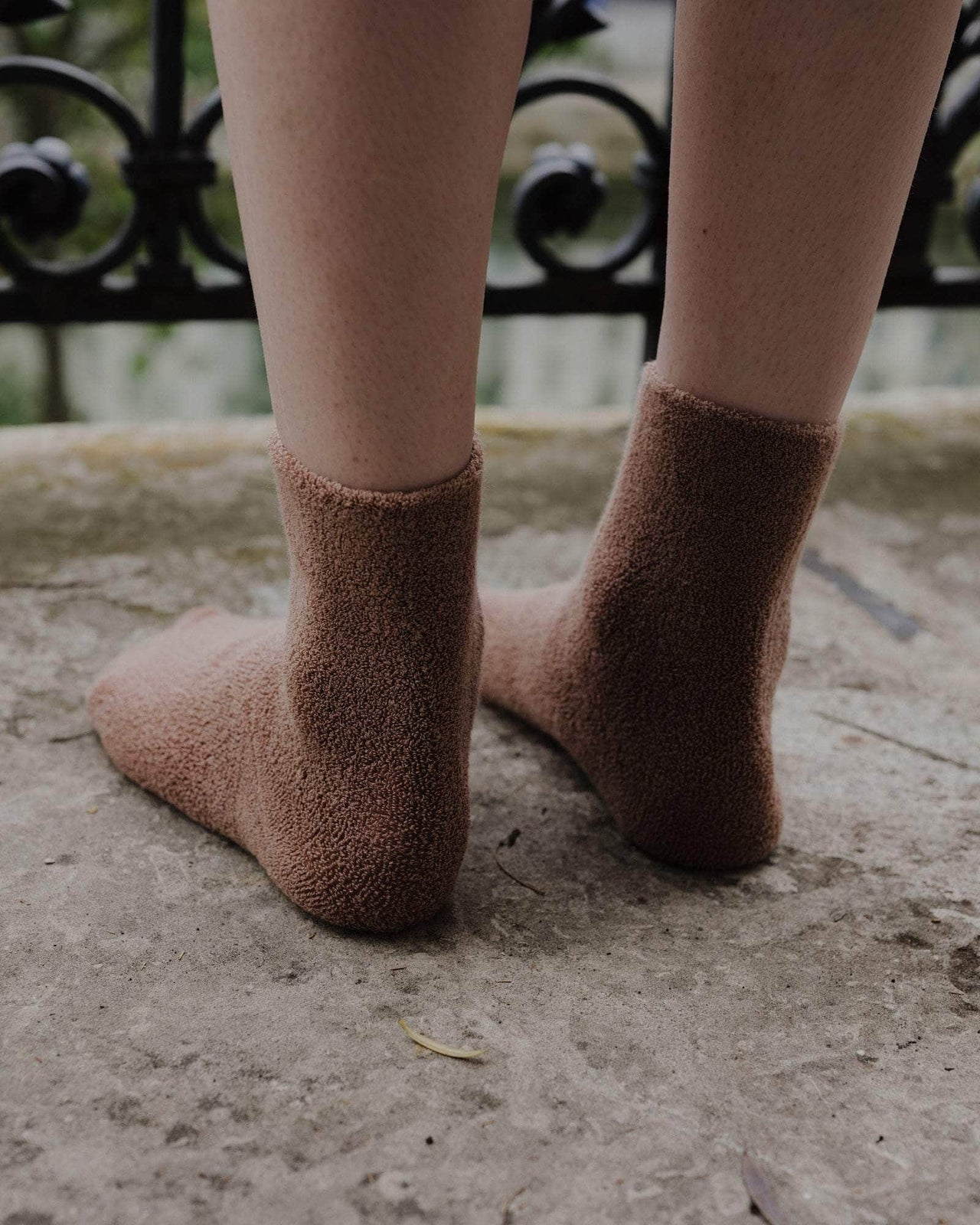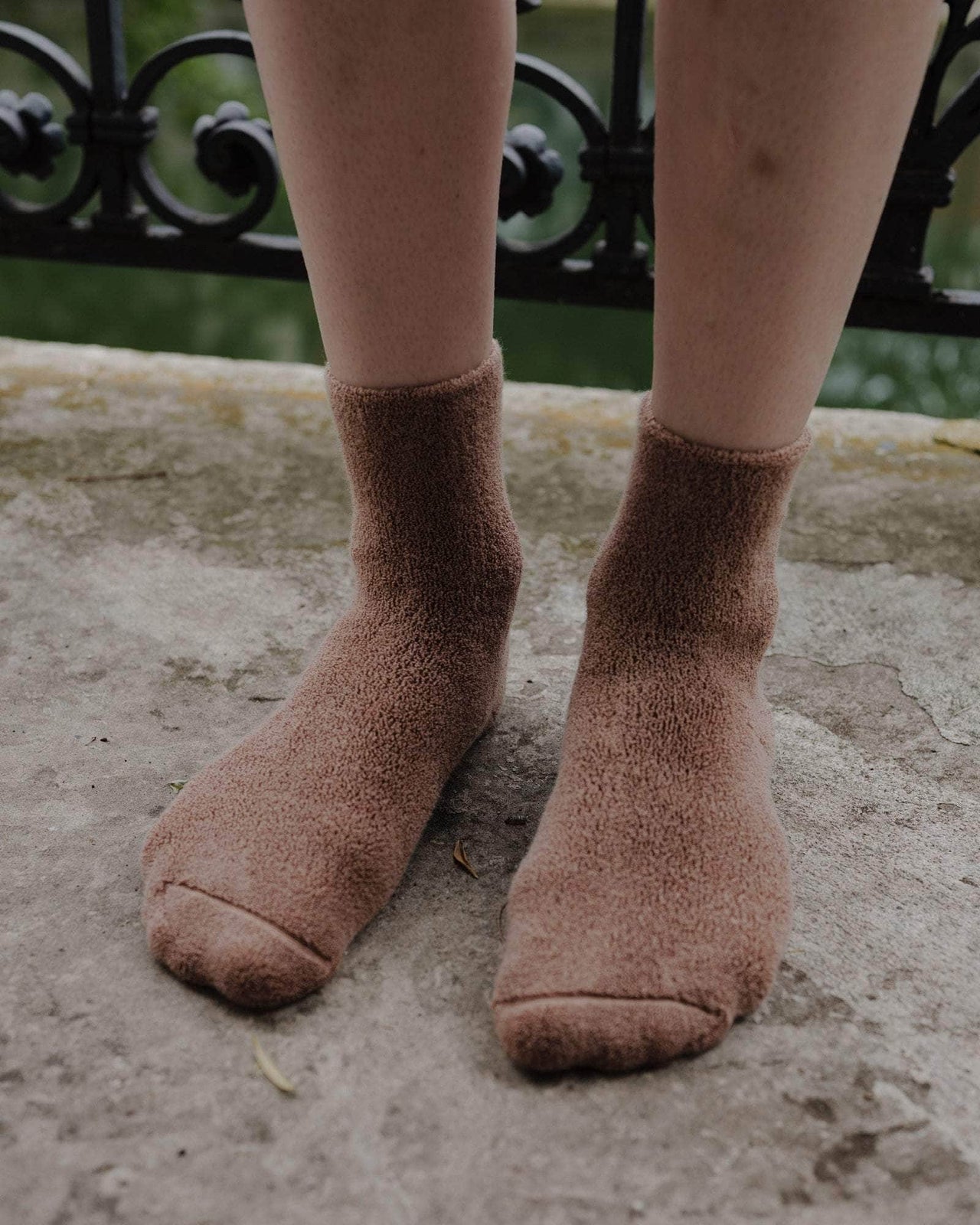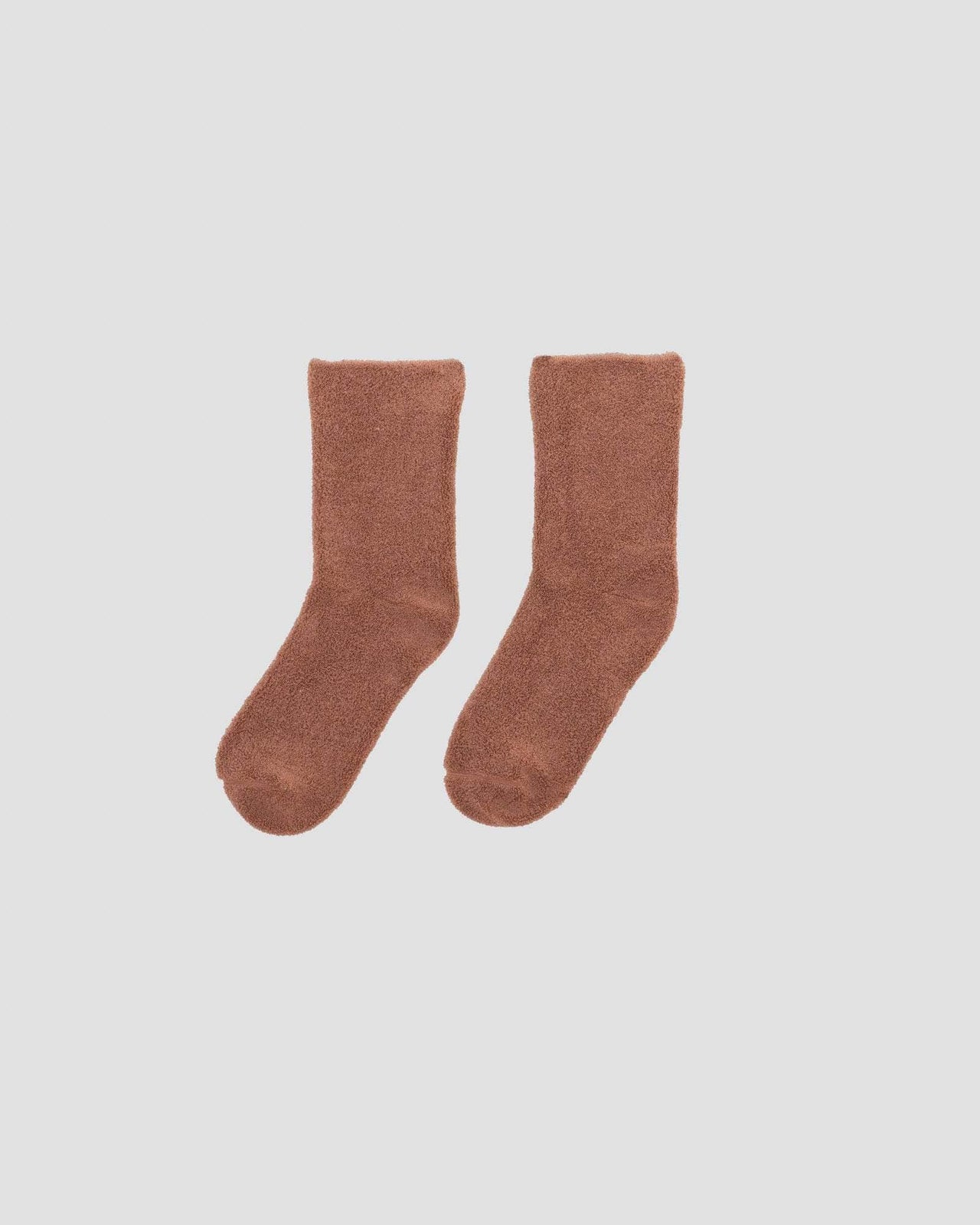Sizing chart
Conversion Chart
| Size | EU | US | AU | JP |
|---|---|---|---|---|
XS |
34 |
0-2 |
8 |
100 |
S |
36 |
4 |
10 |
120 |
M |
38 |
6 |
12 |
140 |
L |
40-41 |
8 |
14-16 |
160 |
XL |
42 |
10 |
16-18 |
180 |
Close button on footer ?
Kurzsocken mit schlaufen - Strukturierte Bio-Baumwolle
Normaler Preis
€22,00
Haptic
Aural
Brandy
Black
Off white
Undyed
Mimosa
Lima
Lagoon blue
Grey
Brown
Fiba blue
Tre green
Angle burgundy
Mun green
Pim green
Burgundy
Glen brown
Alp blue
Navy
Brown melange
Ecru
Ciri purple
Selva green
Burnt yellow
Nimbus
Dark isatis blue
Cuan pink
Mid isatis blue
Light isatis blue
- 36-39
- 40-44
Product Details
Strukturierte oorganische Baumwolle, niedriger Knöchel Socken
80 % Bio Baumwolle 19 % Polyamid 1 % Lycra
Hergestellt in Frankreich
80 % Bio Baumwolle 19 % Polyamid 1 % Lycra
Hergestellt in Frankreich
Material
Organic cotton
Origin: Brazil, India, Egypt
Certificates: GOTS, Oeko-Tex, OCS 100
- Cotton is a natural seed fiber.
- It is durable, breathable, absorbent, and soft. Cotton is ideal for dyeing and printing. The material is also biodegradable and hypoallergenic.
- Nearly all cotton is grown in rotation. Rotation crops help with pest management and soil structure.
- Cotton stalks in most of the world are utilised almost entirely and seeds are essentially never wasted.
- Baserange sources organic cotton, as we want to ensure that no harmful chemicals are used in the production process, water consumption is controlled, water is not contaminated and workers' rights are also preserved.
- Organic agriculture uses agronomic, biological, and mechanical techniques instead of synthetic methods.
- Organic cotton supports good soil health and ecosystems and is not harmful to human health or the environment. No pesticides or fertilizers are used. Most of the organic cotton we use is also rain-fed and doesn’t require much irrigation.
Care
We recommend a cold wash on a gentle cycle using natural detergent and hang drying for all our products. Hand washing is always a good option too.
Washing synthetic fibres releases microplastics into the water system, especially during the first washes, but washing the synthetic blend fabrics in a laundry bag that captures the microfibres allows you to dispose of the microfibres properly. You can also use a laundry ball or a washing machine filter.























